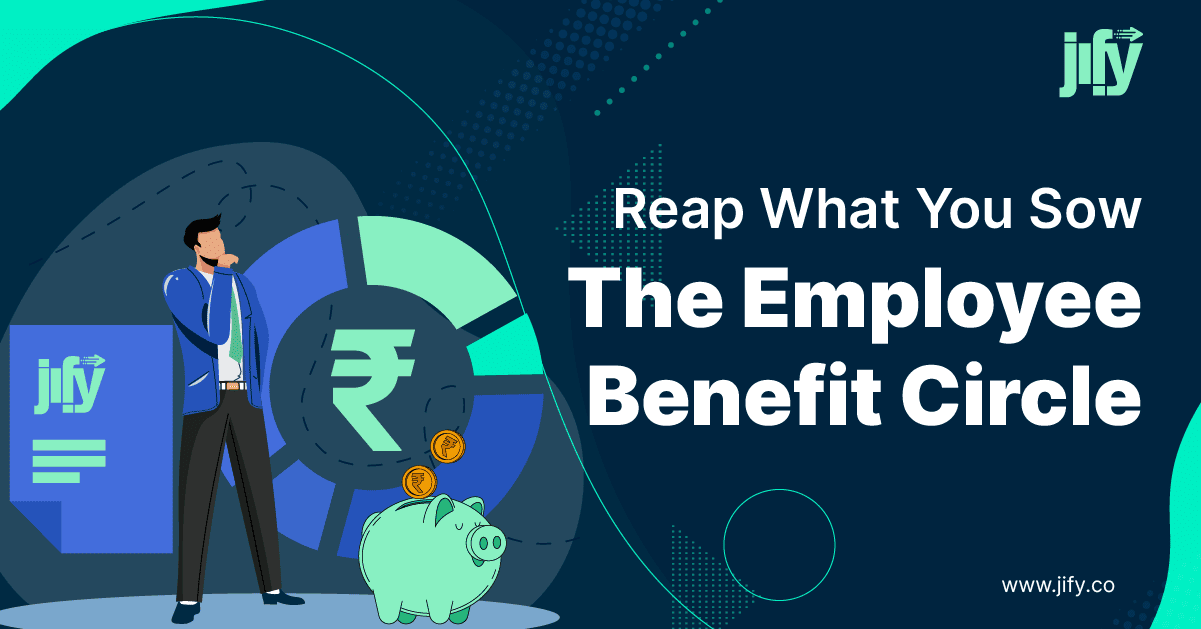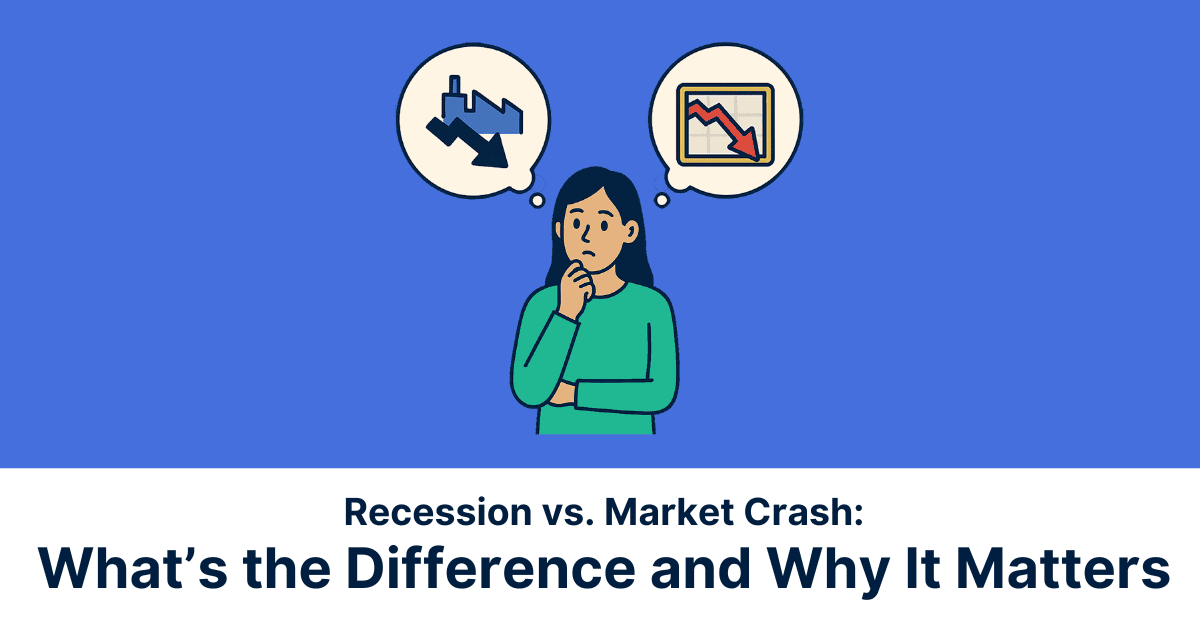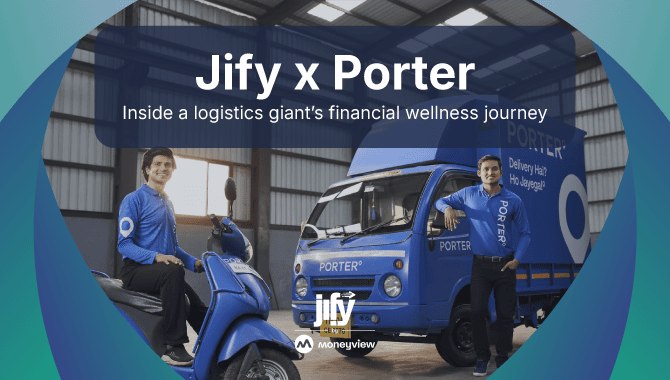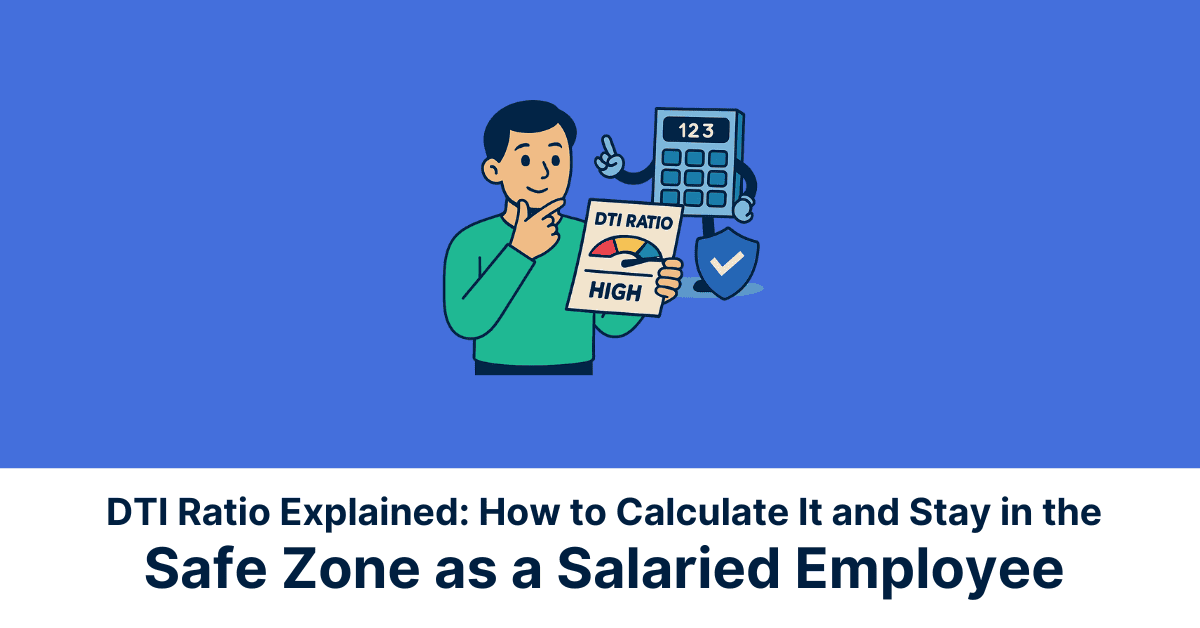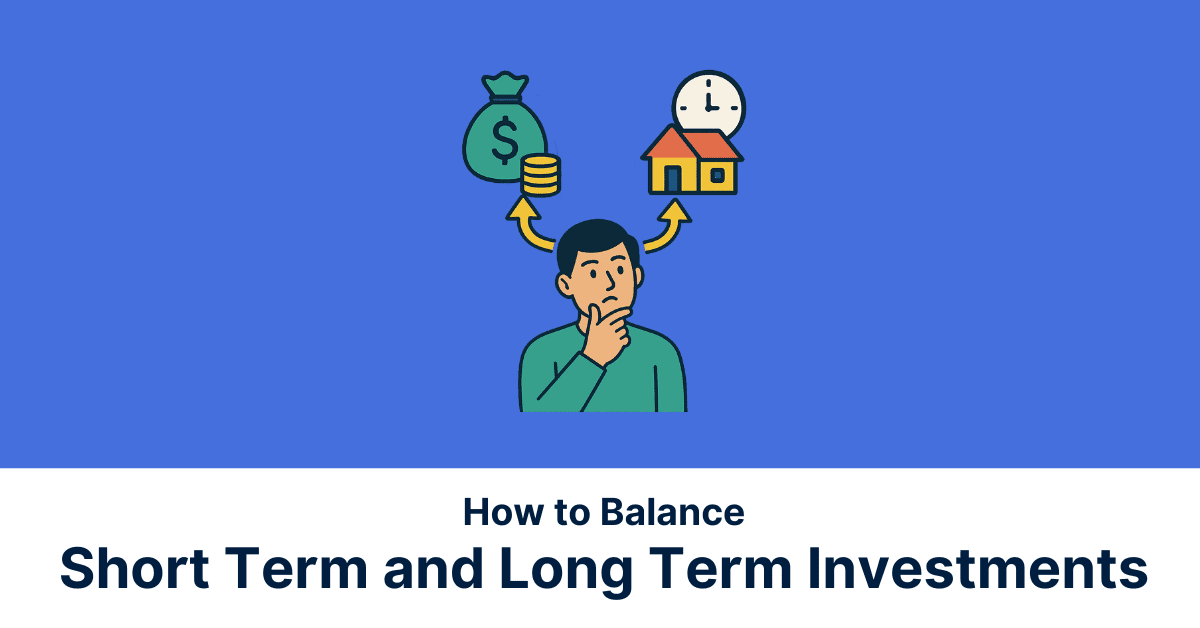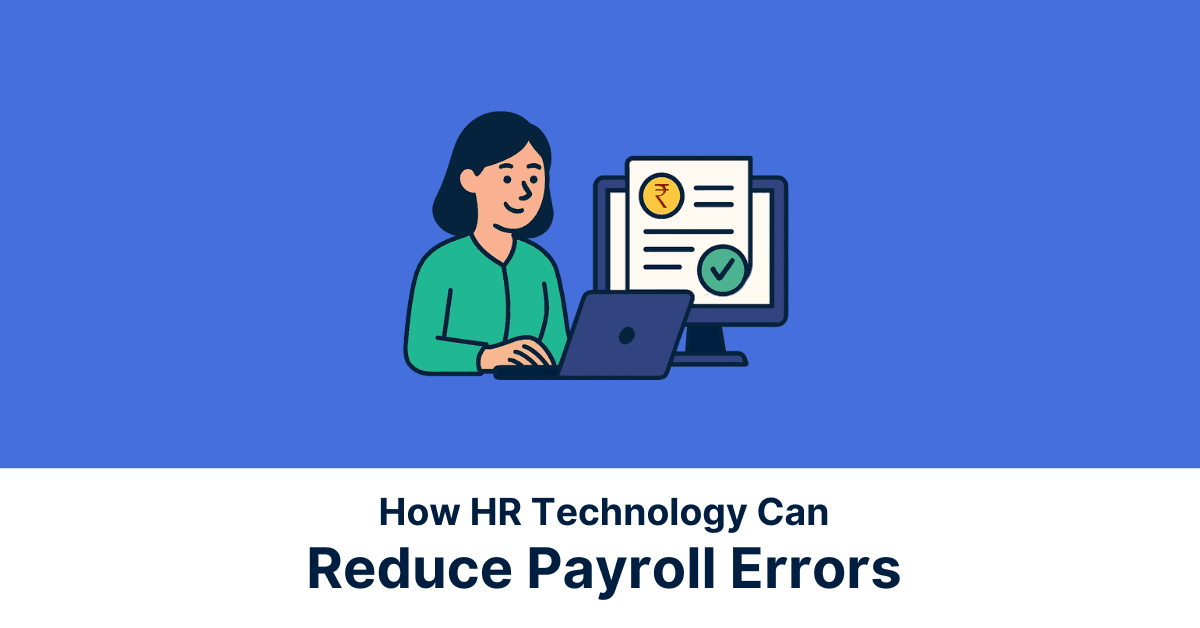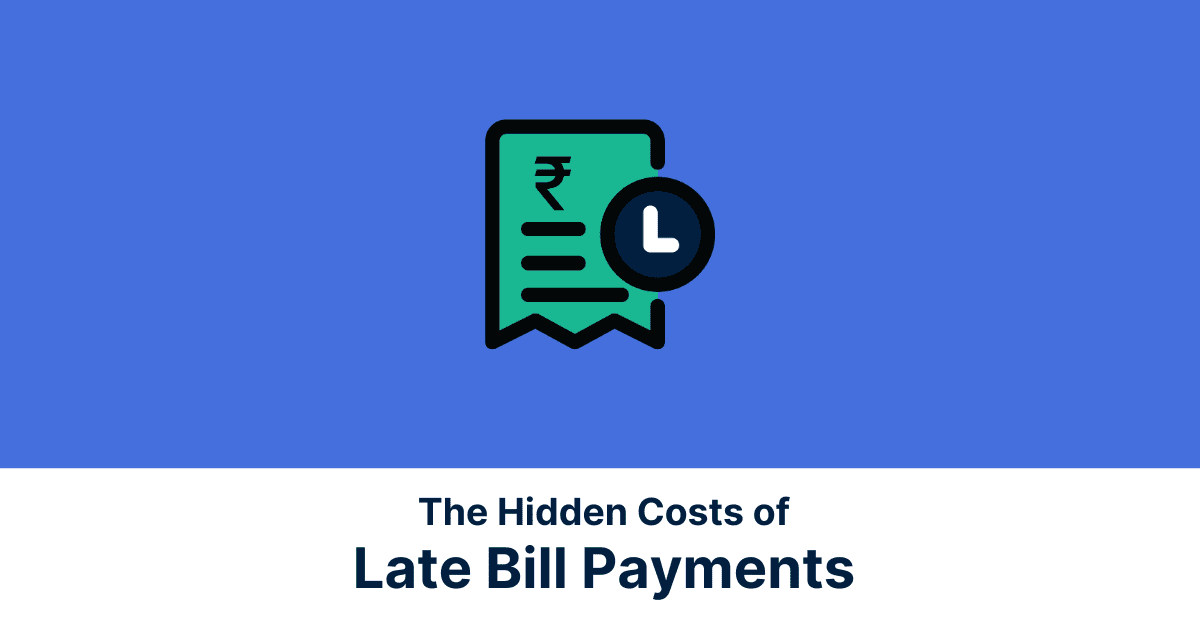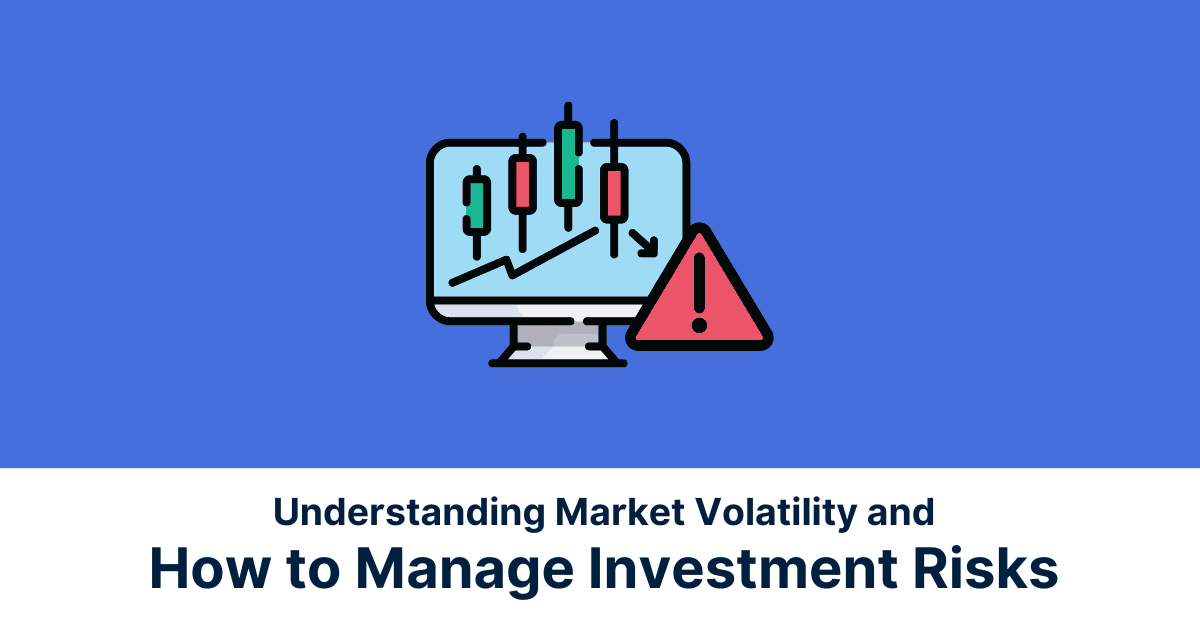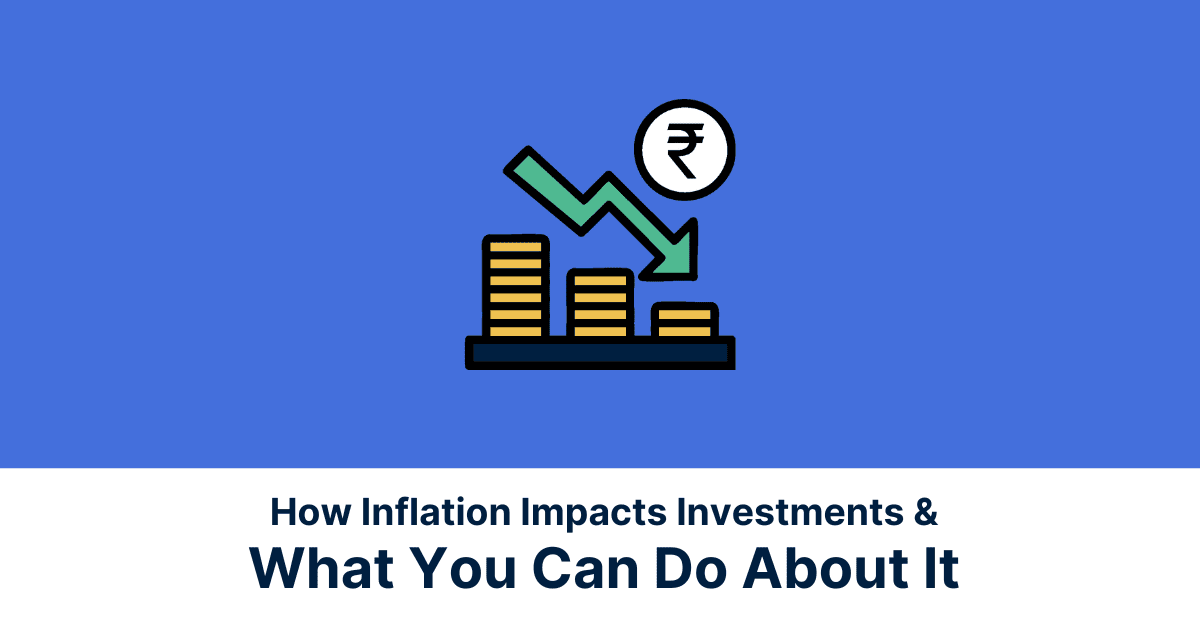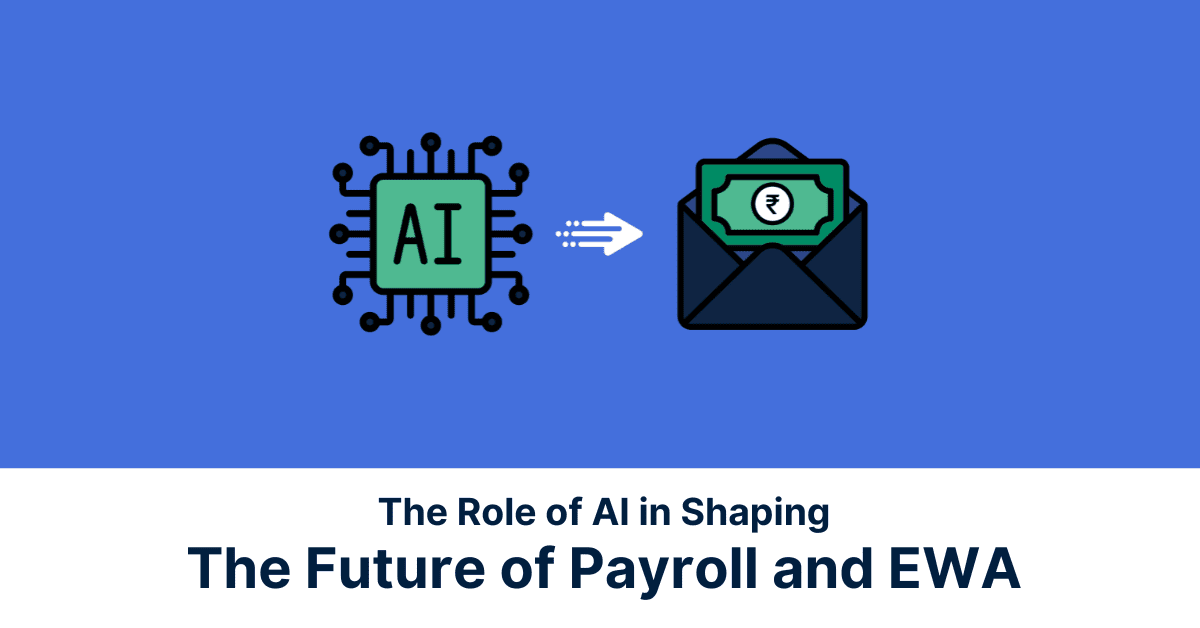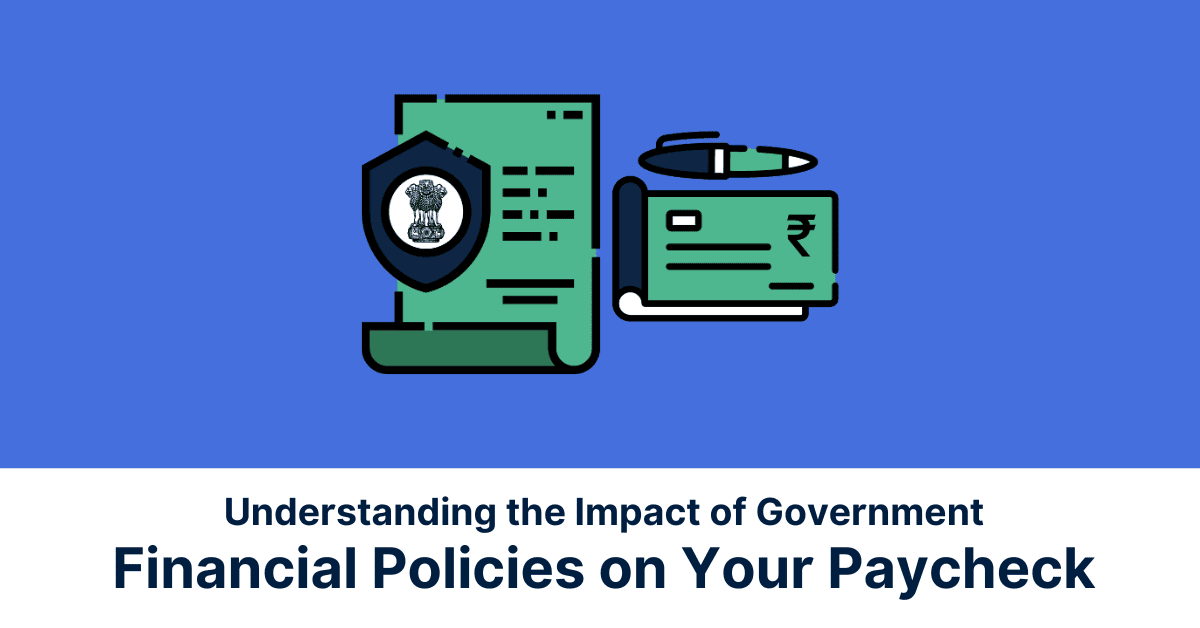With great resignation being the harsh reality of the business ecosphere, it has been hard to attract and retain high-functioning talent. Is it just compensation that drives employees to look for a better-suited opportunity? Or is it more of a fundamental issue that needs to be evaluated and rectified?
Modern Working Models
A key issue that most employers need to account for is how mobile work has become for employees. According to an article published in Forbes, over 76% of employees feel remote working is the standardised norm for them and 97% of the respondents would prefer to have a certain degree of flexibility in their work mode between office and remote models. This typically “deskless” model of work brings to the forefront certain challenges that need to be addressed by employers, wherein employees feel a disconnect with the organization, while simultaneously feeling replaceable due to physical barriers. In a situation of uncertainty being omnipresent, employers need to work that much harder to win the loyalty and satisfaction of their employees in order to retain the crème de la crème of the talent pool.
Futuristic Employee Benefits
The predictions for future working conditions are more frequently than not revolving around being remote with flexible work models and gig-working being on an exponential rise. This level of fragmented work schedules requires a personalized thought from the employers’ side in the form of the employee benefits package. Therefore, with the changing working scenarios, the benefits also need to be more futuristic in their approach. Some easy ways of future-proofing employee benefits packages are:
Financial Wellness and Savings tools
Financial Wellness is no longer a buzzword, but instead is the need of the hour, which most employers would need to inculcate in their organization’s culture. Financial wellness is not a “one-size fits all” solution, seeing as financial needs and stressors vary from individual to individual. Therefore, there is a need for providing holistic financial well-being solutions that can be best suited for different segments of the workforce.
An optimum financial wellness solution is one that not only helps individuals in tracking their finances but also provides access to 1:1 financial coaching, and smart savings tools while also providing rewards that can help in curbing a degree of everyday expenses.
Earned Wage Access or EWA
Earned Wage Access (EWA) or also known as On-Demand Salary is a benefit that can be provided by the employer to their employees, allowing them to access their accrued wages on a need-basis, before the actual payday in the traditional pay cycle. This helps people working in varying working models such as gig-workers, hourly wage earners, etc. whose livelihood is heavily dependent on paycheck to paycheck, thereby making them vulnerable to unexpected financial requirements. EWA is a smarter option that not only helps in meeting emergency financial needs but also safeguards employees from having to borrow or fall into a debt trap of predatory loans.
Jify is one such smart financial wellness partner for employee-first organisations that not only make EWA integration a walk in the park but also offers various other financial wellness solutions ranging from financial coaching to futuristic savings tool such as digital gold, thereby guiding employees towards financial freedom. A recent study by Jify in collaboration with SHRM India showed that 60% of respondents felt that lack of financial wellness had a negative impact on their productivity, leading to overall dissatisfaction and increased absenteeism.
Considerate Leaves
With higher uncertainties being prevalent across the globe, time and again the need for having flexibility for leaves that can be availed by the employees has been on a rise. Providing a more lucrative leave system that ranges from compassionate leads to better maternity leaves can make an immense difference in how employees perceive their organisation. The majority of the working population wants to feel like they belong when it comes to their organisation and what better way to show the same is by being more considerate towards their personal requirements.
Hybrid models/ Flexi Schedules
According to a survey done by McKinsey and Company, over 87% of respondents would choose to have flexible working hours and models, if given the opportunity. The current workforce comprises of a higher percentage of Gen-Z and millennials, who have always been vocal about putting their work-life balance on the forefront, even ahead of compensation as a requirement in the choice of employer. To be the employer of the future, employee benefits need to include a softer element of hybrid working or flexible work hours in order to not only retain the current employees but also to attract nicher talent.
Mental health programs
With health concerns being on a rise, and higher awareness and weightage being given to holistic wellness post-pandemic, organisations also have a responsibility of making sure that their employees are not only physically fit, but that their mental wellness is also being safeguarded. There is a stigma in the society when it comes to mental wellness, and therefore, employers need to have mental health programs in place that help in normalising such conversations, while also breeding empathy as well as structured solutions in the workplace such as confidential counselling, movement workshops or financial counselling, etc.
Why Updating Benefits is important
The talent pool today looks for an employer that might not give them the biggest compensation package but instead offers employee benefits that are more than the traditional ones. They purposely seek opportunities in organisations that are known to be employee-friendly, not only on paper but in their policies and benefits packages for it makes them feel better valued. It is important for employers to understand the needs of their employees while also evaluating what these needs could transform into in the coming future, in order to truly be “an employee-first” organisation.
*Disclaimer:
The information contained herein is not intended to be a source of advice concerning the material presented, and the information contained in this article does not constitute investment advice. The ideas presented in the article should not be used without first assessing your financial situation or without consulting a financial professional.
